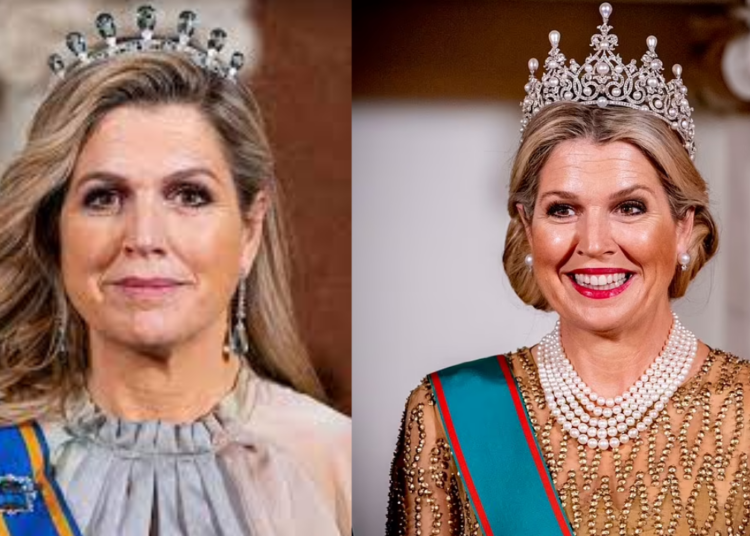Her Majesty Queen Maxima of the Netherlands and United Nations secretary-general’s special advocate for inclusive finance for development has said managing economic shocks remains difficult due to large scale financial illiteracy in Nigeria, a challenge she said the revised financial inclusion strategy has the potential to address.
She made the remarks at the ongoing International Financial Inclusion conference tagged “Financial Inclusion for all: Scaling Innovative Digital Models,” in Abuja, yesterday.
President Muhammadu Buhari launched the Financial Inclusion Strategy 3.0 yesterday, optimistic that the third edition of the strategy would help to achieve the financial inclusion rate target of the Central Bank of Nigeria (CBN).
The National Financial Inclusion Strategy (NFIS 3.0) spearheads the country’s drive towards achieving the Revised Financial Inclusion target of 95 per cent by 2024.
The strategy is focused on: Increasing adoption and usage of financial services in priority demographics; ensuring robust enabling financial services infrastructure; expanding digital financial services and platforms; and improving financial inclusion coordination, capacity, and governance.
President Buhari urged the regulatory agencies including the Central Bank of Nigeria, Nigeria Deposit Insurance Corporation to consider the launch of the new strategy as “an opportunity to address pressing national issues affecting the vulnerable and most excluded segments of our society, and come up with innovative ideas on how to accelerate Financial Inclusion.
Buhari said his administration seeks to leave behind a legacy of catalyzing sustainable and inclusive growth through financial inclusion.
He also stated that the federal government is gradually implementing broadband penetration strategy to drive home financial inclusion for development.





